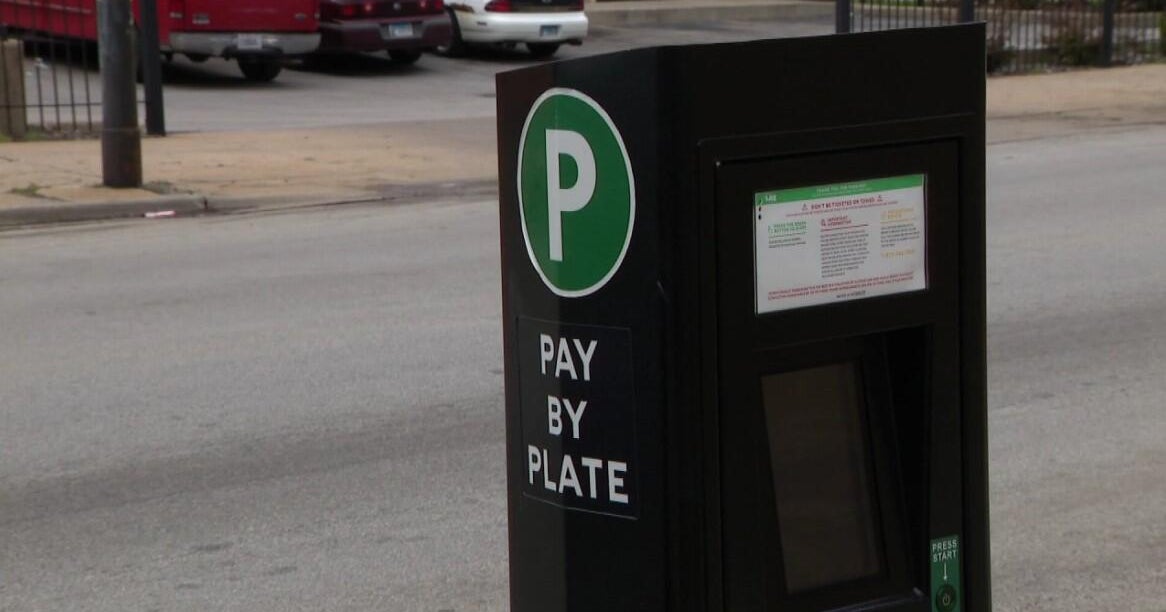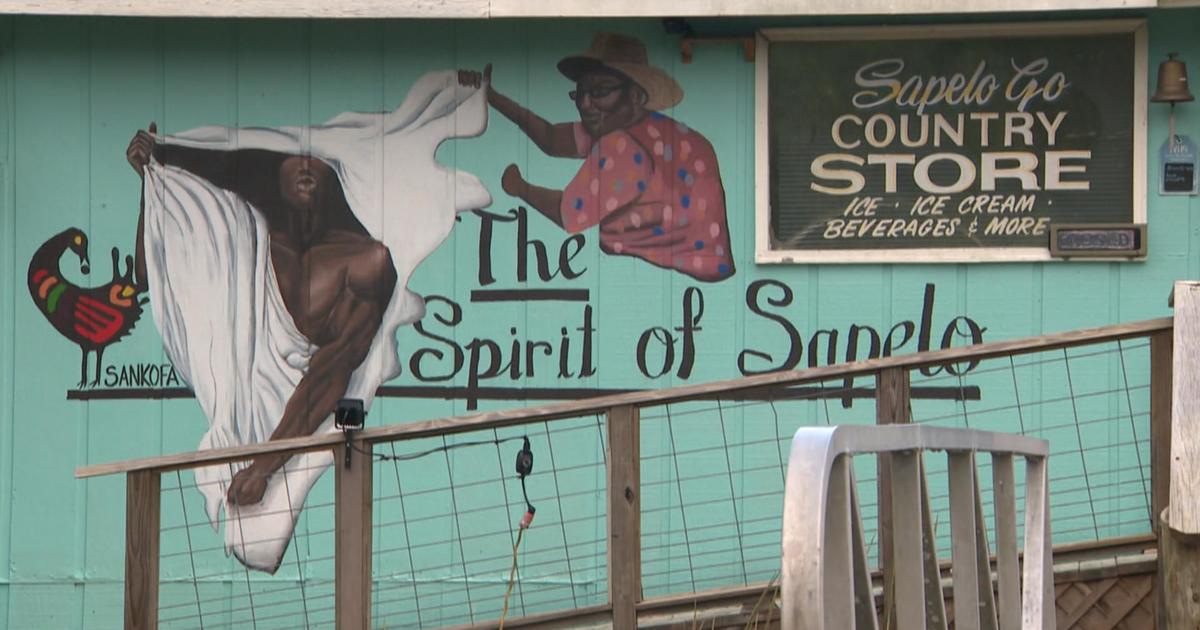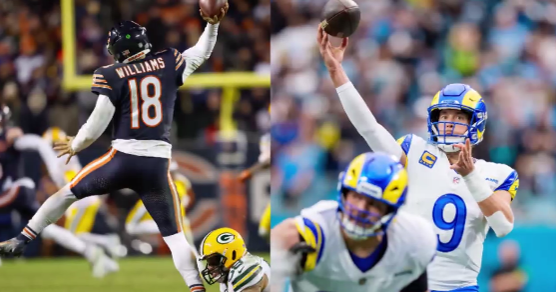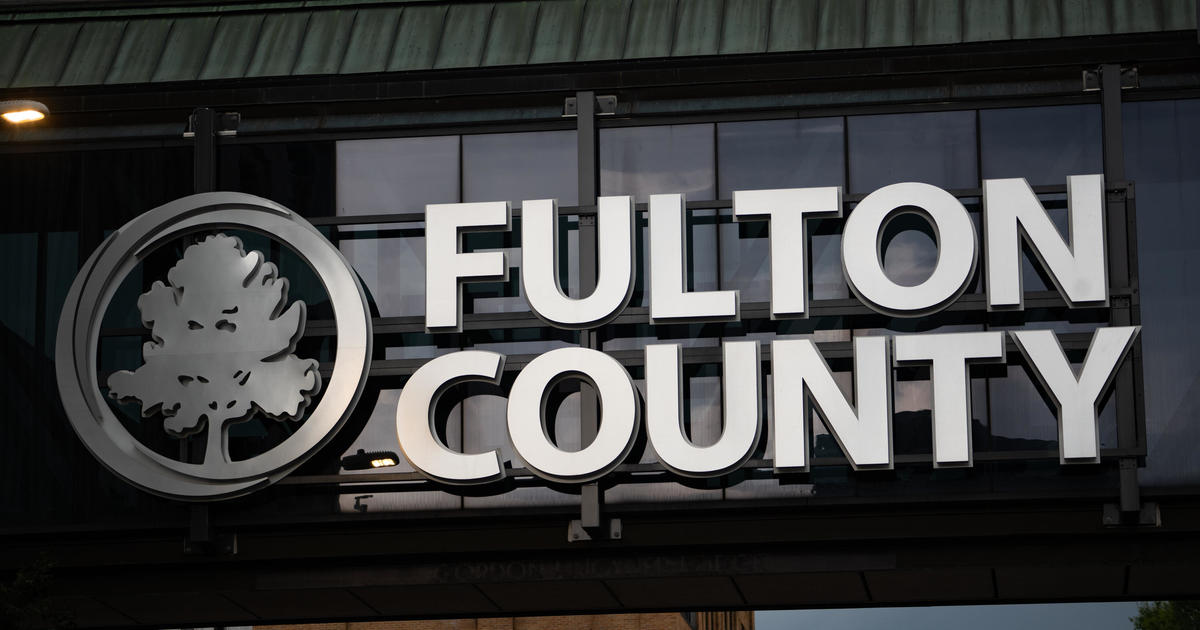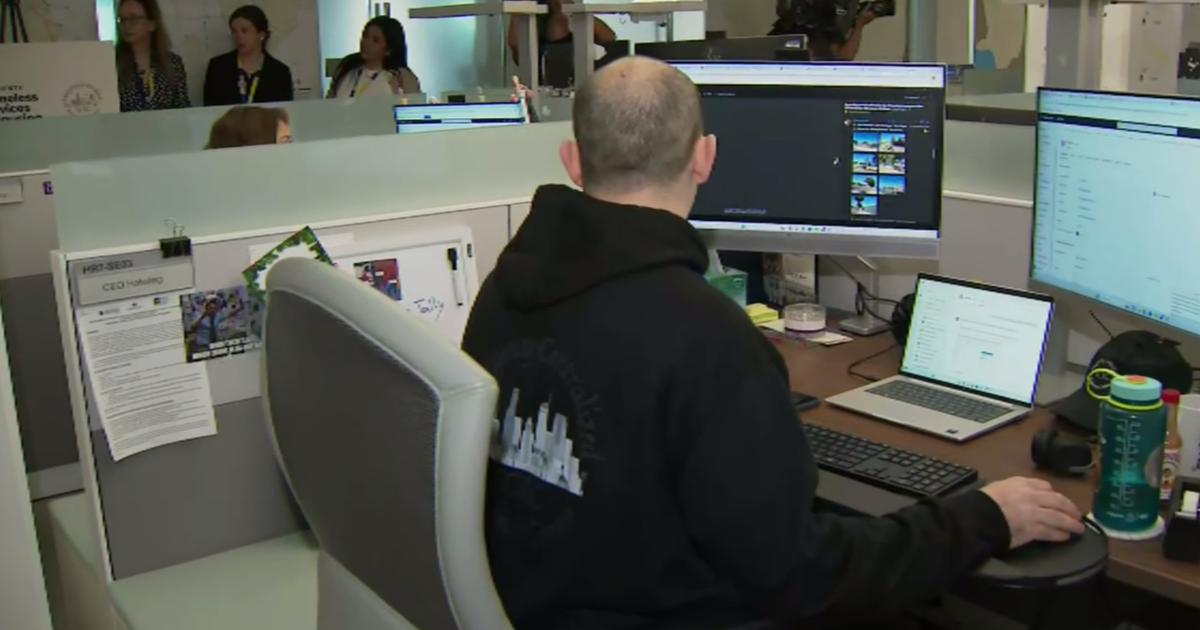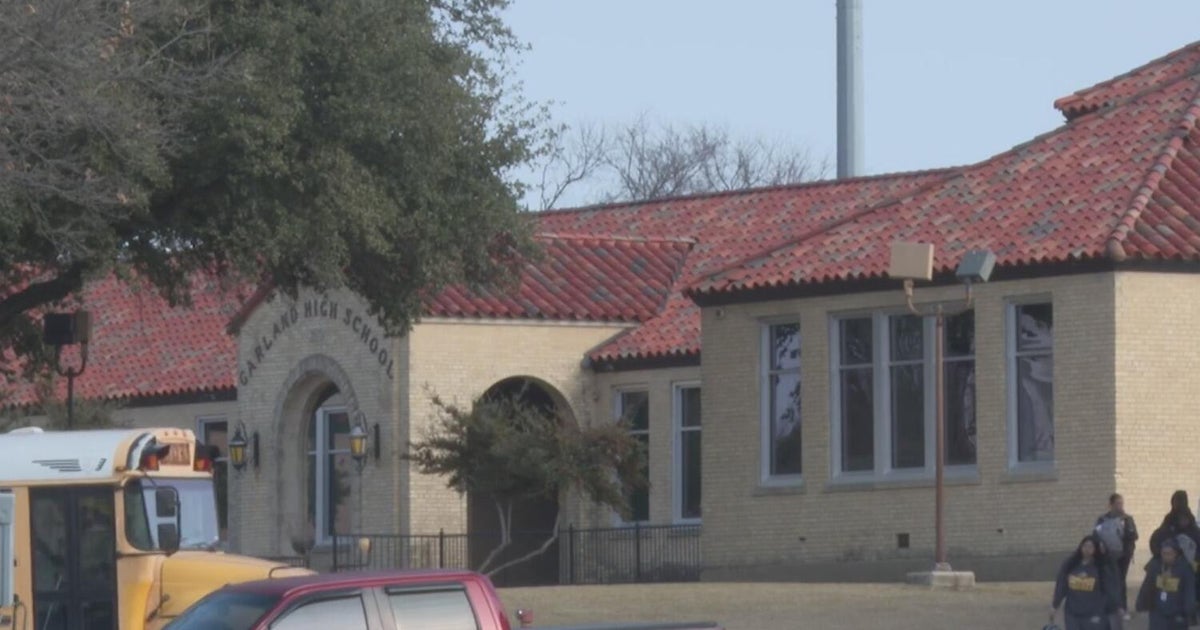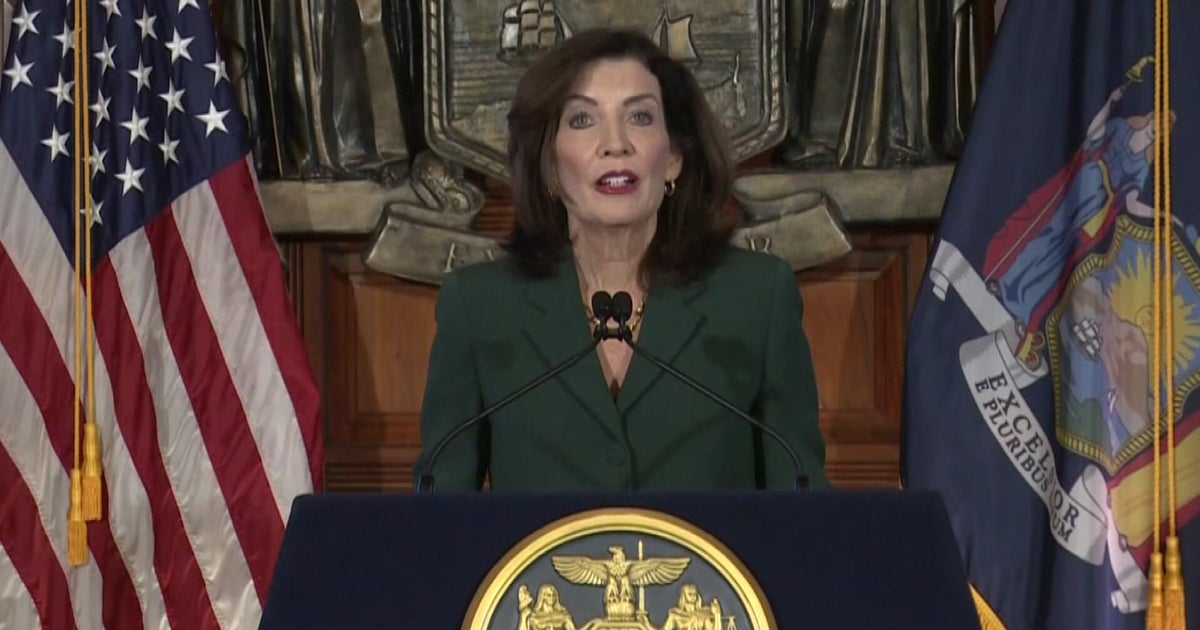Appeals court rules "Bring Chicago Home" tax referendum valid, orders votes counted in March primary
CHICAGO (CBS) -- An Illinois Appellate Court panel delivered a pivotal victory to Mayor Brandon Johnson on Wednesday, overturning a Cook County judge's ruling against the mayor's signature plan to hike taxes on the sales of properties worth $1 million or more to raise money to fight homelessness.
Last month, Cook County Judge Kathleen Burke ruled the so-called Bring Chicago Home referendum was invalid, and any votes for the proposal should not be counted in the upcoming March 19 primary election.
The ballot measure would ask voters to authorize the City Council to restructure the city's real estate transfer tax to create a tiered system for taxing the sale of property in Chicago:
- The transfer tax for properties valued at less than $1 million would drop from 0.75% to 0.60%.
- Properties sold for between $1 million and $1.5 million would pay a 2% transfer tax, nearly triple the current rate.
- Properties sold for $1.5 million or more would pay a 3% transfer tax, four times the current rate.
Supporters have estimated the Bring Chicago Home referendum would generate an additional $100 million in annual tax revenue. The money would go toward the city's efforts to fight homelessness.
Critics have argued the proposed tax question amounts to illegal "log-rolling" - where unpopular legislation is bundled with more attractive elements to secure success – in this case, combining a tax hike on the sale of million-dollar properties with a tax cut on the sale of properties valued at less than $1 million.
The Johnson administration and the Chicago Board of Election Commissioners appealed Burke's ruling against the referendum. On Wednesday, a three-judge panel of the Illinois Appellate Court overturned Burke's ruling, paving the way for votes on the referendum to be counted.
"I've said all along the people of Chicago should determine how we address the unhoused crisis in Chicago, and I made a commitment as not just a candidate, but as mayor of the city of Chicago, that I would do everything in my power to move us closer towards housing for all," Johnson said after the appeals court victory.
Early voting had begun before Burke had ruled against the measure. Still, with her decision overturned, those votes and any further votes on the referendum will be counted after the March 19 primary election.
Illinois Appellate Court Justice Raymond Mitchell wrote that it's not the duty of the courts to rule on the validity of a proposed law until the legislative process is complete, noting that voters have yet to weigh in on the proposed tax plan.
"Courts do not, and cannot, interfere with the legislative process," Mitchell wrote. "Courts are empowered to rule on the validity of legislative enactments only after they have been enacted."
The appeals court ruling also noted Burke failed to explain her reasoning for ruling against the referendum.
"We are left guessing as to the bases for the circuit court's ruling because the lower court gave no reasons for its ruling," Mitchell wrote.
The ruling also noted the justices were not weighing in on the merits of the proposed tax plan.
"That is a question wisely entrusted not to judges but to the people of the city of Chicago," Mitchell wrote.
The Bring Chicago Home coalition hailed the appeals court ruling.
"We look forward to keeping up our efforts to reach hundreds of thousands of voters about their opportunity to vote yes for a fair and sustainable plan to fund housing, care for the homeless, and ask wealthy real estate corporations to pay their fair share," said Maxica Williams, Chair of the End Homelessness Ballot Initiative Committee and Board President of the Chicago Coalition for the Homeless.
The Building Owners and Managers Association of Chicago (BOMA), one of the business groups that sued to block the referendum, said it was disappointed in the ruling "but felt it was important to challenge this misleading and manipulative referendum question."
"This massive tax increase would hurt homeowners, renters, union workers, and businesses throughout the neighborhoods. Even worse, a yes vote on this referendum is a vote to deliver huge blank checks to the city with no plan for how millions will be accountably spent. We have already ramped up our efforts to educate the public about the negative impacts of this tax increase," BOMA executive director Farzin Parang said.
It was not immediately apparent if referendum opponents would appeal the case to the Illinois Supreme Court.

